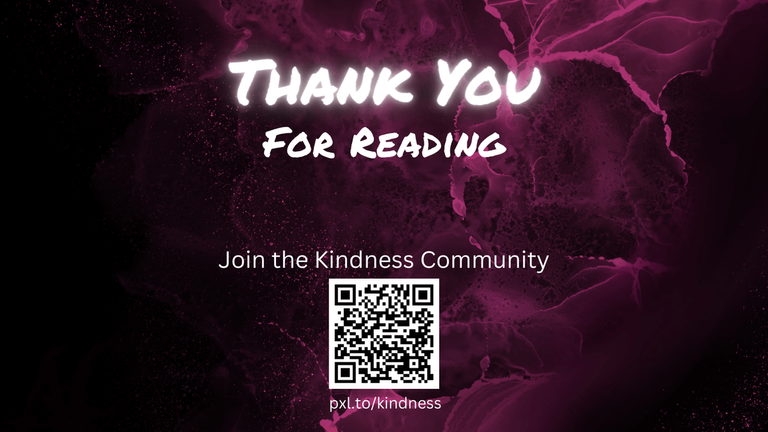Kindness in Learning and Education

Kindness plays a vital role in shaping the educational landscape by creating a positive learning environment and supporting students' well-being. It goes beyond academic success, impacting emotional growth, social interactions, and mental health. Today, we will discuss the importance of kindness in education, its benefits for students and teachers, and practical ways to promote a culture of kindness in schools.
Incorporating kindness into education fosters a supportive environment that enhances learning and personal development. It brings about positive outcomes such as improved academic performance, teacher satisfaction, and the cultivation of leadership skills in. Let's explore these benefits further and understand why kindness is essential for a thriving educational system.
Enhancing Learning Environments

Teachers should be kind to students to help them feel valued. This makes students more confident and willing to participate. Kindness also encourages students to support one another, which improves their academic performance. When students feel appreciated, they are less stressed and can focus better on learning. Teachers should be caring, offer help, show interest in students, and give constructive feedback to create a supportive atmosphere.
Kindness helps students learn better and become more open to new ideas. By being kind, students are less afraid of making mistakes and improve their learning skills. This positive environment benefits both students and teachers. Kindness creates a supportive classroom climate where students feel valued, leading to increased engagement.
- Kindness creates a supportive classroom climate where students feel valued, leading to increased engagement, reduced stress, and better academic performance.
- Teachers play a crucial role by modeling kindness, which in turn improves the learning experience and student-teacher relationships.
Supporting Teacher Well-being
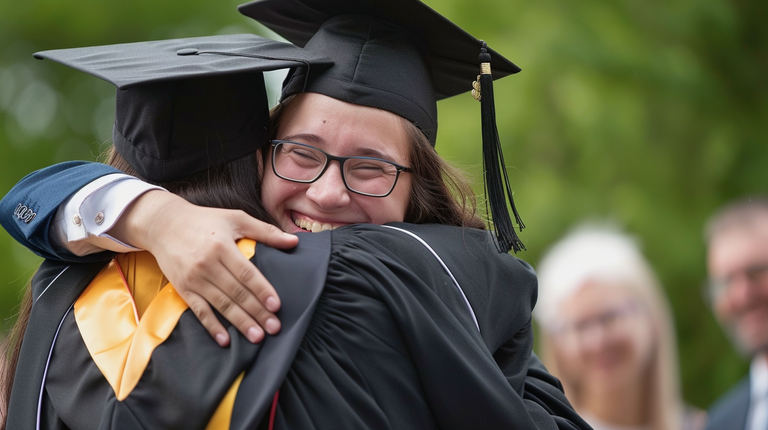
Being kind in schools can help reduce teacher burnout by lowering stress and feelings of isolation. When schools promote kindness, it offers support and care to teachers, which can increase job satisfaction and resilience. Teachers who feel supported are more involved and creative, which benefits students. Treating teachers with kindness is important for improving education quality and it encourages ongoing learning. A kind school culture reduces teacher burnout by promoting teamwork and understanding.
- A kind school culture reduces teacher burnout by promoting teamwork and understanding, ultimately enhancing job satisfaction and teaching effectiveness.
Fostering Leadership and Empathy

Being kind and demonstrating leadership qualities is important. Students who are kind exhibit empathy, teamwork, and good communication skills. Engaging in peer mentoring and group projects can promote kindness in school. Kind leaders make a big difference by welcoming new students and encouraging them through service projects and community outreach. Encouraging kindness motivates others to participate, bringing people together for a common purpose. It is also important to be kind to ourselves while fostering a positive attitude.
- Kind acts and peer support initiatives encourage leadership qualities and empathy among students, paving the way for a new generation of compassionate leaders.
Encouraging a Growth Mindset and Creativity

Developing a growth mindset and showing self-compassion are crucial for learning. Being kind to ourselves enables us to approach challenges and mistakes with a positive attitude, which boosts confidence and resilience. Teachers who prioritize growth rather than grades create a nurturing atmosphere where students feel encouraged to tackle difficult situations and use failures as learning opportunities, ultimately enhancing the ability to adapt.
- A kind approach to self and others promotes resilience, a growth mindset, and creativity, empowering students to explore new ideas fearlessly.
Promoting Kindness and Inclusivity
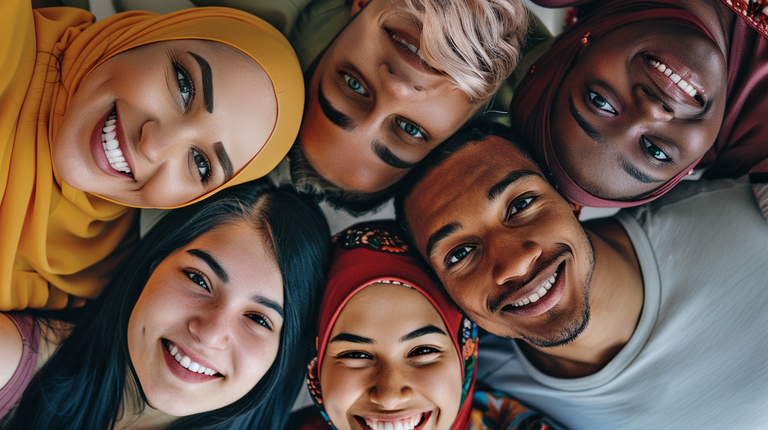
In supportive creativity thrives and encourages freedom of expression. Students benefit from constructive feedback and encouragement, particularly in environments like writing workshops.
Concepts like "Genius Hour" enables students to explore their passion projects, while drama and music classes can help boost confidence in public speaking. Emphasizing original ideas over grades, events like art shows and science fairs can also contribute to nurturing creativity.
Kindness plays a significant role in fostering creativity and empathy, which are essential in the realm of compassionate education. Activities such as role-playing and exploring diverse perspectives develops empathy in students.
Education promotes empathy even more through initiatives like mentoring programs and community projects, which help instill a sense of care for others and fosters positivity on a global scale.
- Implement school-wide kindness pledges, clubs, and activities that celebrate diversity and inclusivity.
- Encourage acts of kindness through daily practices and assemblies, fostering a welcoming and supportive school environment.
Reducing Bullying and Conflict

Encouraging kindness in schools is important to stop bullying. By teaching empathy, respect, and understanding, schools can create a caring environment that prevents bullying. Methods such as teaching social skills, resolving conflicts among peers, promoting positive behavior, and training students to help in bullying situations are effective ways to address and prevent bullying.
Building Emotional Intelligence Through SEL
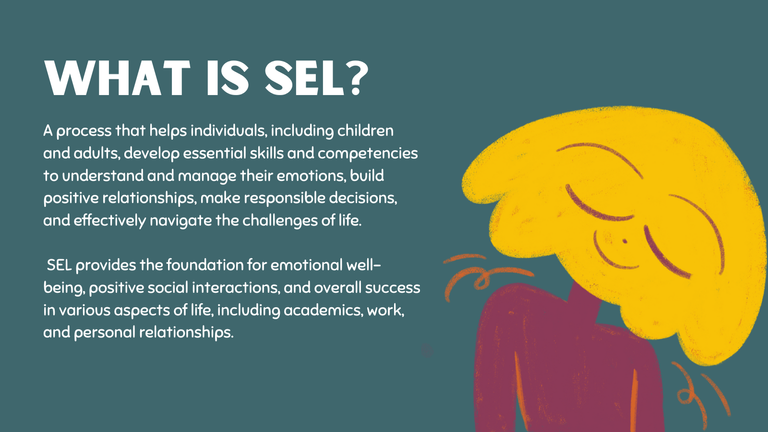
Adding social-emotional learning (SEL) programs benefits students, teachers, and the whole school community by improving emotional well-being, fostering positive relationships, empowering students, enhancing the classroom environment, and developing empathy and decision-making skills.
This approach builds emotional growth, improves social interactions, and cultivates a caring culture.
- Integrate social-emotional learning (SEL) to develop empathy, emotional intelligence, and positive social interactions.
- Employ restorative practices and peer mediation to resolve conflicts peacefully and promote a culture of understanding.
Engaging Families and Communities

Encouraging kindness in schools is important for creating a positive and united community. By introducing programs such as pledges and clubs, schools can make students feel welcomed, decrease bullying, and help with their social and emotional growth. Making kindness a priority in schools builds a caring environment for all.
- Extending kindness initiatives beyond the classroom to involve families and communities, strengthens the support network for students and fosters a culture of empathy and compassion.
The Far-reaching Benefits of Kindness

Kindness in education transcends academic achievement, enriching the lives of students and educators by building a foundation of empathy, respect, and understanding. By adopting and promoting kindness, schools can nurture well-rounded students ready to contribute positively to society and the workforce.
Let’s embrace kindness as a core value in education and create a brighter futures for all.
Today’s Kindness Challenge

- Print out and hand out “You Matter” Cards
- Call your Mom, Dad, Grandma, Grandpa, Brother, Sister, Aunt or Uncle and tell them how fantastic they are.
- Buy someone a flower and leave it on their desk or doorstep.
- Pay someone an awesome compliment in front of a group of people.
- Leave a review on YELP about how awesome a restaurant and/or server was.
- Put some positive comments on people's blogs.
- Do your roommates' laundry when you are doing yours and fold it.
- Pay off someone's past due library charges.
- Call up a friend and laugh about your favorite memory with them.
- Pray for someone.
- Tell someone you look up to that “Because of you I didn’t give up.”
- Laugh wholeheartedly at someone’s joke.
- Compliment someone on their unique style.
- Write a poem for someone.
- Be Kind To Yourself!
Be Kind To Yourself
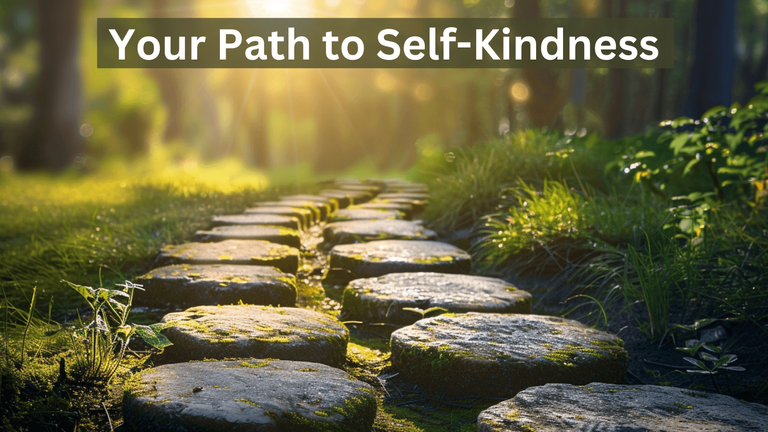
Here are a few ideas on how you can be kind to yourself. These are just suggestions to get you thinking. Do whatever works for you, but make sure to do something kind for yourself every day!
- Practice deep breathing exercises to reduce stress and promote relaxation.
- Take a technology break and disconnect from screens for a few hours.
- Enjoy a cup of tea or coffee in a cozy spot while reading a good book.
- Try a new hobby or activity that you've always wanted to explore.
- Dance to your favorite music to uplift your spirits and release endorphins.
- Treat yourself to fresh flowers or a plant to brighten up your living space.
- Create a vision board with your goals and dreams to inspire and motivate yourself.
- Learn something new through online courses, workshops, or educational videos.
- Get a good night's sleep and prioritize rest and relaxation.
- Connect with loved ones through a phone call, video chat, or spending quality time together.
- Set boundaries to protect your time and energy from draining activities or people.
- Watch your favorite movie or TV show for some entertainment and relaxation.
Images - MidJourney and Canva,I have a commercial license for both.
#kindness #cwh #ecency #education #learning #pob #hivekindness #kindnesschallenge #kindnessmatters #wellness
